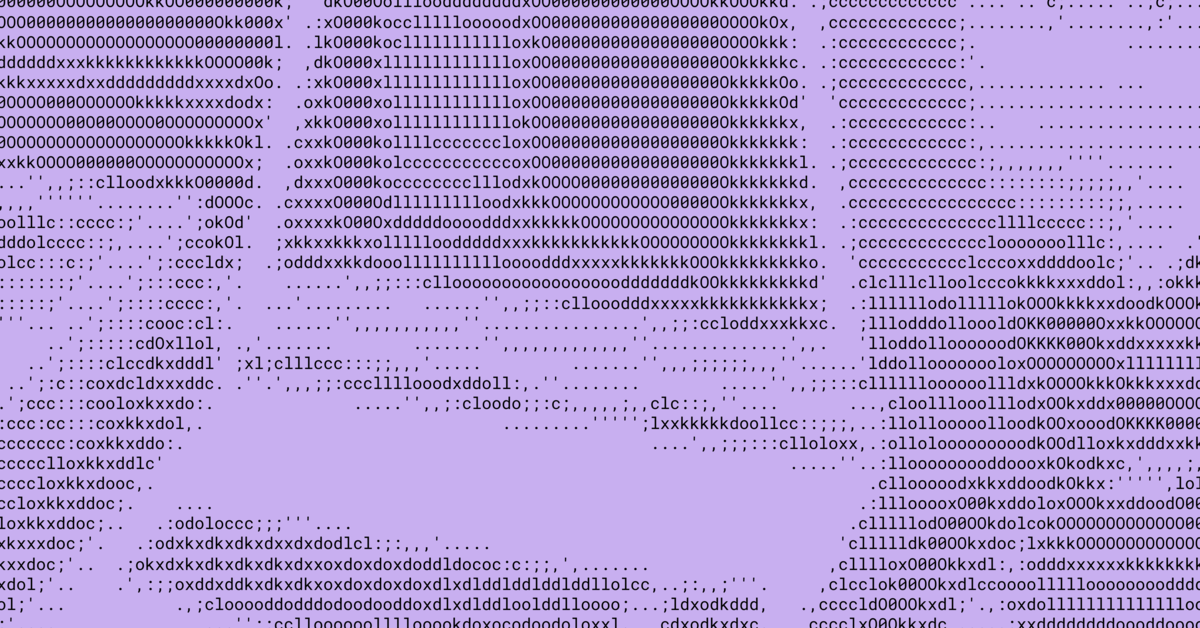Search code, repositories, users, issues, pull requests...
JS applications can get very large, to the point that not only loading, but even executing their initialization scripts incurs a significant performance cost. Usually, this happens later in an application's life span - often requiring invasive changes to make it more performant.
Loading performance is a big and important area for improvement, and involves preloading techniques for avoiding waterfalls and dynamic import() for lazily loading modules.
But even with loading performance solved using these techniques, there is still overhead for execution performance - CPU bottlenecks during initialization due to the way that the code itself is written.
Avoiding unnecessary execution is a well-known optimization in the Node.js CommonJS module system, where there is a smaller gap between load contention and execution contention. The common pattern in Node.js applications is to refactor code to dynamically require as needed:
This avoids bottlenecking the network and CPU during application initialization, but there are still a number of problems with this technique:















